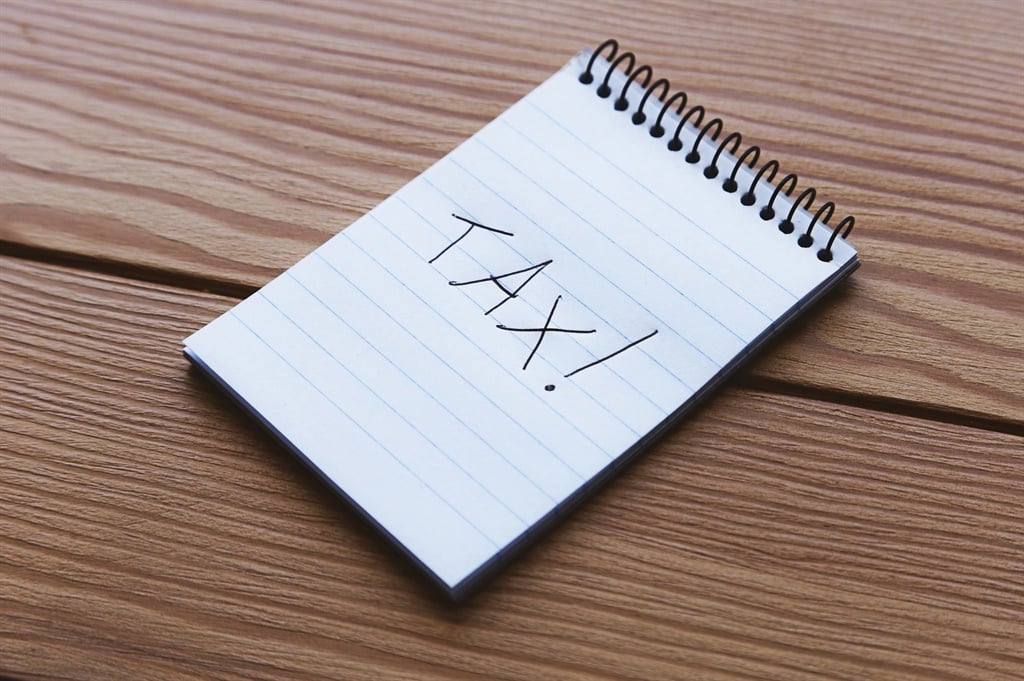


Treasury and SARS officials on Tuesday updated members of Parliament on the take up of tax relief measurs provided in response to Covid-19. Photo: Getty Images
- Treasury and SARS introduced over R70 billion in tax relief measures as part of a Covid-19 response.
- Nearly R10 billion in tax relief has been provided to individuals and businesses.
- A large portion of the tax relief provided so far has not yet been recorded.
Nearly R10 billion in tax relief has been provided to individuals and businesses, as part of efforts by National Treasury and the South African Revenue Service to cushion the blow of Covid-19, members of Parliament have heard.
Members of Parliament’s standing and select committees on finance on Tuesday were briefed by Treasury and SARS officials on tax bills pertaining to the national state of disaster.
With Covid-19 hitting SA shores in March, President Cyril Ramaphosa declared a national state of disaster and government subsequently implemented a nationwide lockdown which limited economic activity. In order to respond to individuals and businesses whose income would be compromised by the lockdown, Treasury and SARS introduced over R70 billion in tax relief measures.
Most of these relief measures are applicable for four months, and are aimed at improving cashflows for businesses and individuals during this time.
According to data from SARS, up until 25 June, 2020, a number of firms and individuals have opted for these relief measures.
Over 9 000 firms had used the option to defer the PAYE tax in April. In May this figure dropped slightly to 7 000. The total relief for the two months comes to R750 million, said Treasury’s chief director of economic tax analysis, Chris Axelson.
The Skills Development Levy exemption has provided relief of R1.6 billion to firms. Further exemptions on excise duty and fuel levy deferrals amounted to R7.5 billion.
- READ: SA business gives Mboweni’s zero-based budgeting thumbs up, but calls for no tax increases
SARS received 255 applications from businesses to have penalties and interest waived. Only 167 applications were approved, and are valued at R1 billion.
About 434 small, medium and micro enterprises filed their VAT returns to SARS on a more frequent basis to access VAT refunds to bolster their cashflows.
A large portion of the tax relief provided so far has not yet been recorded. For example, the data on employment tax incentives is not yet available. The take up of these relief measures is expected to increase, said Axelson.
Commenting on the tax relief measures, Treasury’s head of tax and financial sector policy Ismail Momoniat said that it is important to bear in mind that while these measures apply for four months with most ending in July, there is still uncertainty about how long this pandemic would continue for. Some provinces are expected to see their infections peak in August.
“This is obviously something we need to watch,” he said. There is a possibility that the dates for which these measures are valid will be reconsidered.

